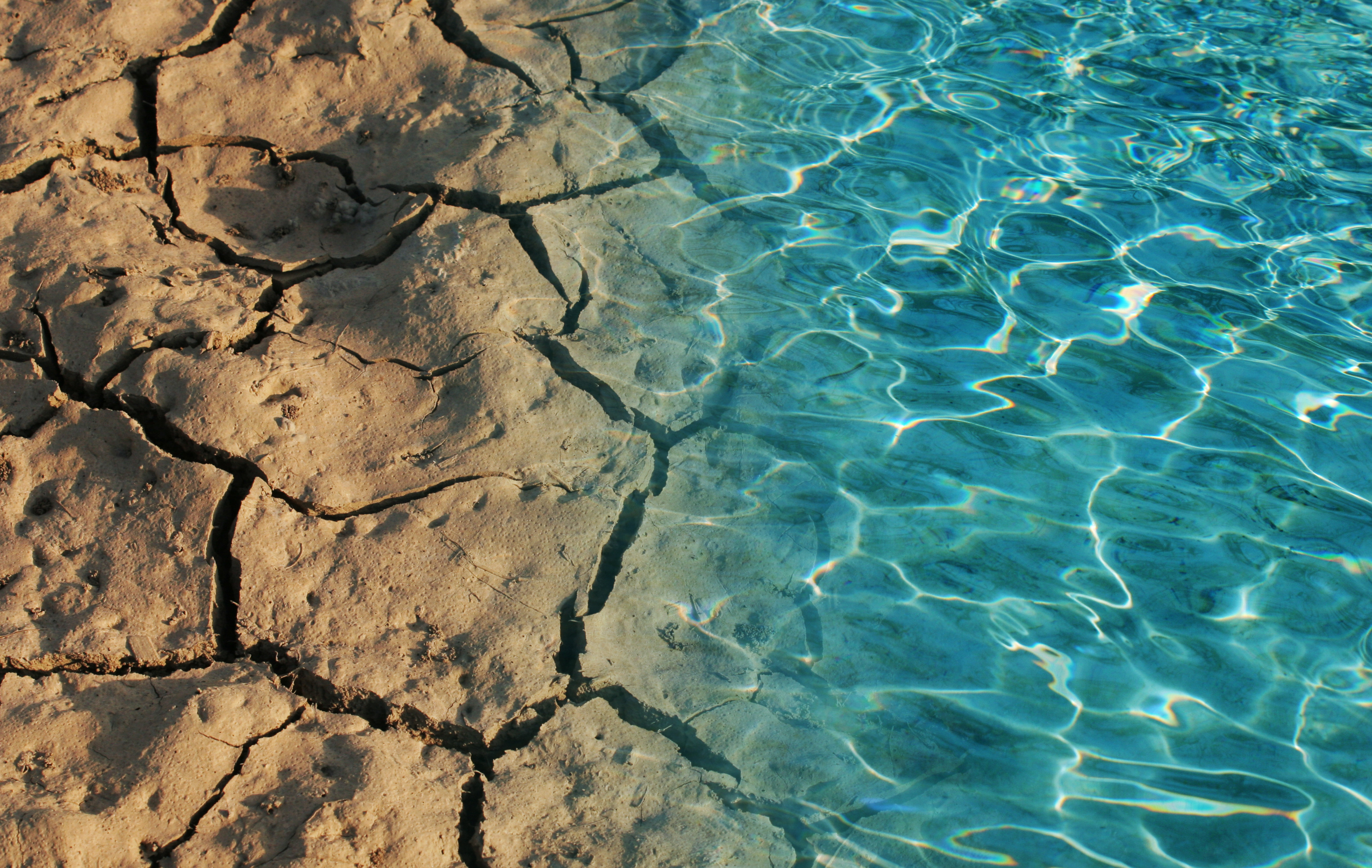
As California enters another year of drought conditions, water shortages will again take their toll on California residents and businesses.
Recent estimates put the direct and indirect costs of the drought at nearly $2 billion in 2021 alone due to lost jobs and hundreds of thousands of fallowed acres of farmland.
Water Delivery Cuts
California will see no respite from drought impacts this year.
On March 18, the state Department of Water Resources reduced the State Water Project allocation to 5% of requested supplies, down from its earlier allocation of 15%.
The U.S. Bureau of Reclamation earlier announced a 0% allocation of Central Valley Project water for most irrigation water providers.
Drought Response Funding
In response to continuing historic drought conditions, Governor Gavin Newsom announced that he was increasing funding to respond to the emergency drought conditions by $22.5 million.
This does not implicate any additional funding beyond what was already approved by the Legislature in the 2021–2022 State Budget Act. Only $2.5 million of the previously approved $25 million in appropriations for drought response has been spent.
While it is good news that more of the previously approved drought funding will be spent, a significant chunk of the amount will go to education about water conservation rather than to fund physical improvements or new water projects.
As we can see from the significant impacts that just a single year of drought has on the state economy, this funding is but a fraction of what’s needed to address the impact that another year of drought will have on the state.
Some of the additional drought funding will, however, go toward projects that have a more direct impact on infrastructure and water supply management.
For instance, $5 million is allocated for near-term improvements in spring runoff forecasting, which informs better reservoir management to address flood impacts and increase storage.
Another nearly $7 million is set to fund the State Water Resources Control Board’s response to drought emergencies, including delivering emergency drinking water.
Executive Order
In an executive order this week, Governor Newsom called for local water suppliers and the State Water Board to move toward greater conservation.
He also urged all Californians to try to limit summertime water use and use water more efficiently indoors and out, voluntarily reducing water use by 15% from 2020 levels.
He asked the local water suppliers to move to Level 2 of their Water Shortage Contingency Plans, requiring actions to conserve water across all sectors, and ordered the State Water Board to look at adopting regulations to ban watering of decorative grass next to industrial and commercial buildings.
The ban would not include residential lawns or grass used for recreation, such as school fields, sports fields and parks.
The executive order also streamlined the permitting process for groundwater recharge projects that help refill aquifers when the rains come; ordered local authorities to make sure new proposed wells don’t compromise existing wells or infrastructure; aimed to make it easier for communities to gain emergency access to hauled or bottled water; speeded state agency approvals needed to protect fish and wildlife from drought threats; and ordered the State Water Board to expand efforts to determine whether water is being diverted illegally.

